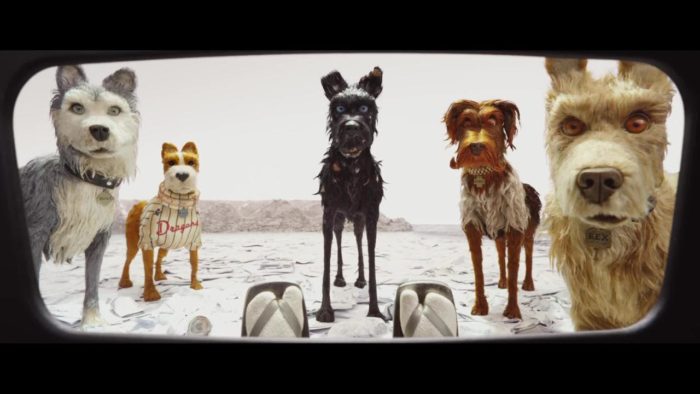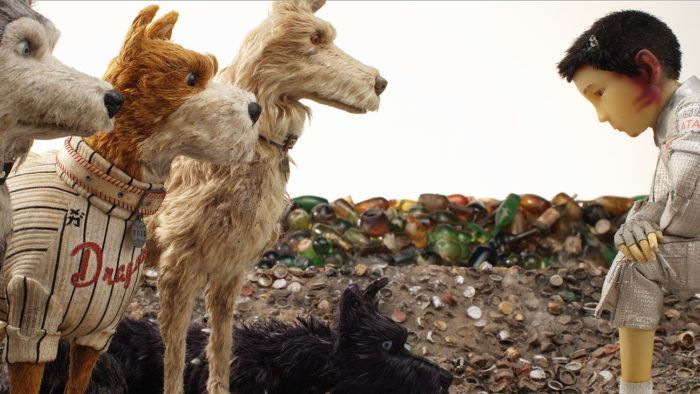Wes Anderson’s new film Isle of Dogs has faced criticism over its depiction of Japan.

The stop-motion animation is set in a near-future Japan, where all dogs have been exiled to an off-shore rubbish dump, following an outbreak of “dog flu”. The plot centres on a young boy’s mission to find his dog.
Though Isle of Dogs is a well-received film, with its Rotten Tomatoes score above 90%; the film has garnered criticism over all the dogs speak English and are voiced by white, American actors including Edward Norton, Bill Murray, Jeff Goldblum, Liev Schreiber, Bryan Cranston and Scarlett Johansson.
Meanwhile, the Japanese human characters speak Japanese and are voiced by Japanese actors, but there are no subtitles.
Justin Chang of the Los Angeles Times’s review has sparked widespread debate, criticising Anderson’s “weakness for racial stereotyping”, asking: “Does this white American filmmaker’s highly selective, idiosyncratic rendering of an East Asian society constitute a sincere act of homage or a clueless failure of sensitivity?”
Mashable’s Angie Han, calls the American exchange student character Tracy a “classic example of the ‘white saviour’ archetype–the well-meaning white hero who arrives in a foreign land and saves its people from themselves”

Anderson spoke to Entertainment Weekly about the setting of the film. “The movie is a fantasy, and I would never suggest that this is an accurate depiction of any particular Japan,” Anderson says. “This is definitely a reimagining of Japan through my experience of Japanese cinema.”
This isn’t the first time that Anderson has mishandled race in his film, his 2007 feature The Darjeeling Limited faced criticisms of appropriation in its treatment of India.
Personally, I don’t understand what Anderson was thinking. These are Japanese dogs, why are they speaking English? Is English “dog language”? Perhaps he thought it would be commercially better to use well-known American actors as the voices of these dogs.
If I were the filmmaker of this project, I would’ve hired Japanese actors who speak English to voice the dogs and use English subtitles for the Japanese human characters. That would make the animation more authentic since the film is set in Japan.
Have you seen Isle of Dogs? Do you think the movie is culturally appropriate?






